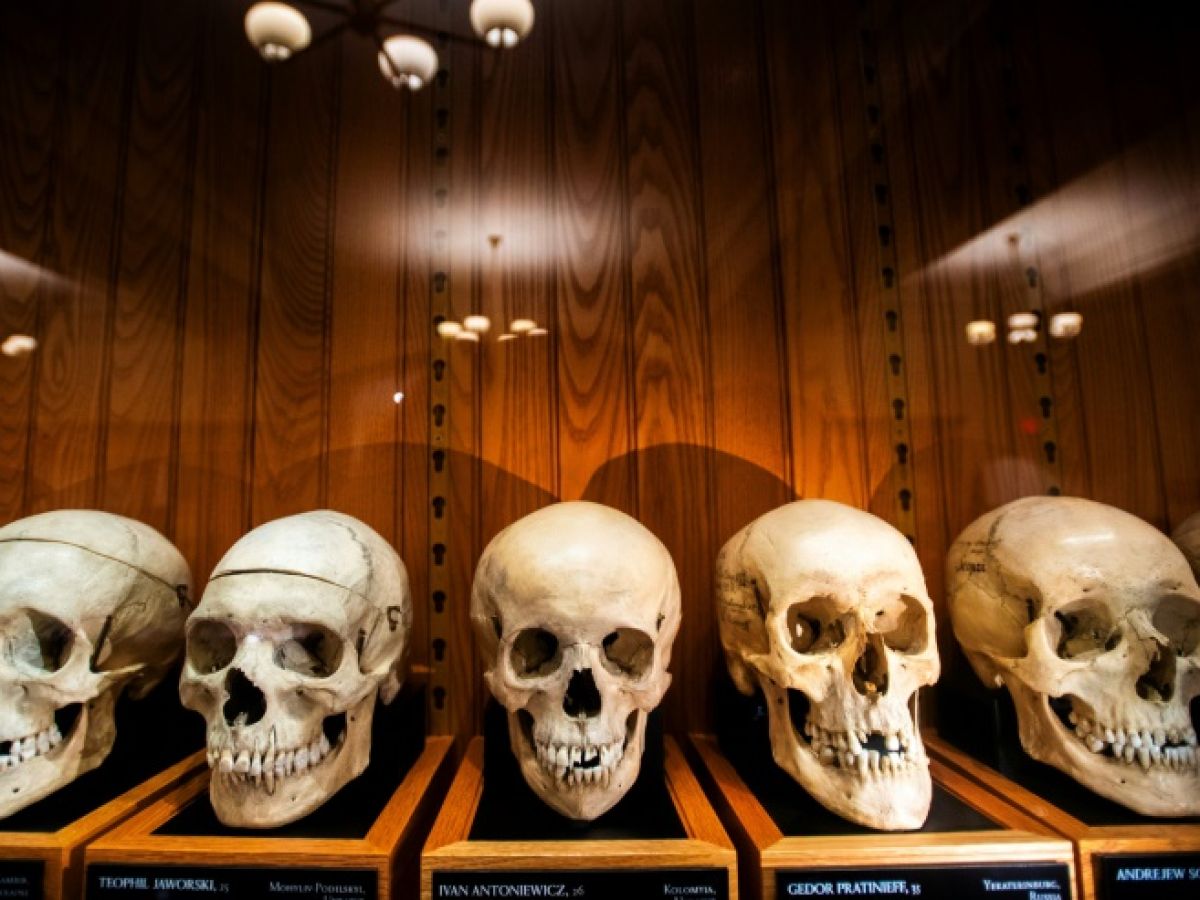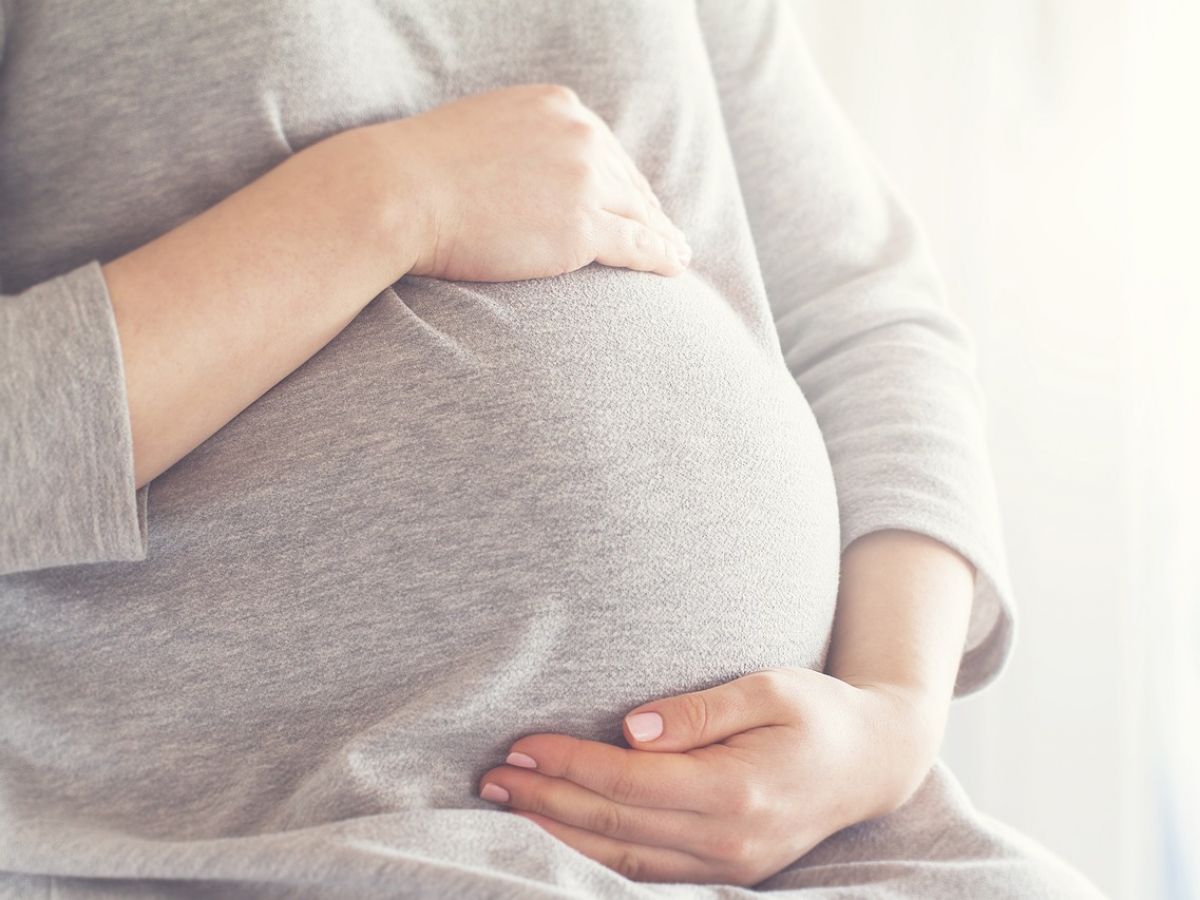In the museum's wooden display cases lie tumors, giant cysts, and gangrenous human limbs, staring down the curious eyes of visitors. “Fascinating and terrifying”, summarizes one of them. The institution, which has 35,000 pieces including 6,000 biological specimens, was created in 1863 from the personal collection of a local surgeon, Thomas Mütter, for educational purposes.
Doctors, but also living donors, have enriched it. In 2020, a heart transplant recipient donated his football-sized heart. The organ now floats in a jar alongside 139 human skulls collected by an Austrian anatomist in the 19th century.
"That's where the controversy started."
In 2023, under new leadership, the Mütter, which receives more than 130,000 visitors a year, is launching the "Post Mortem Project" aimed at reflecting with visitors on a better way of presenting specimens, most of which were acquired without the patients' consent and displayed without details of their identity.
The museum then deleted hundreds of videos from its YouTube channel, followed by more than 100,000 people, as well as a digital exhibition from its website. These measures were temporary, according to management.
"That's where the controversy started.", recalls Kate Quinn, then director of the Mütter. "We had internal debates that became more public after the videos were removed," in which certain human remains were presented in an often light or joking tone.
Read alsoEinstein: The incredible fate of his brain... after his death
Man who donated his heart seeks to get it back
A former director of the museum then deplores in a column published in the Wall Street Journal that one "A handful of woke elites are questioning the museum's past and compromising its future.", using a term often misused by conservatives to pejoratively describe progressive ideas.
A collective called Protect the Mütter was formed and called for the management's departure in a petition that gathered more than 35,000 signatures. “Online content was being decimated, there were staff changes, some museum events were being canceled,” like its popular annual Halloween party, a member who wished to remain anonymous told AFP.
The man who donated his heart is even trying to get it back. Kate Quinn, who left the Mütter's management in the spring, is now denying that she has "wanted to radically change the museum." "The goal was to invite people to participate in the debate and to accompany us in this adventure.", she said, regretting that "it has taken on such proportions."
Read alsoA skeleton forgotten in a museum belongs to a previously unknown species of marine reptile
"Deanonymize" And "contextualize"
After two years of controversy that also affected other Western museums, such as the British Museum, the Mütter presented the findings of its Post Mortem Project this summer at a special evening, with the aim of "deanonymize" And "contextualize" his collection of human remains.
Walking on the museum's Victorian-style purple carpets, visitors were able to learn more about the lives of Mary Ashberry, the dwarf woman whose skeleton is on display, and Joseph Williams and his 2.4-meter-long "mega colon."
"The question is not whether or not we should display human remains, but rather whether we can do so in a way that does justice to these people and their history.", explains Sara Ray, new co-director.
Because if “People have always been fascinated by the human body and its diversity,” anthropologist Valerie DeLeon explains to AFP, "For some time now, they have been looking at these collections and asking questions about the people represented, such as 'did they choose to be there?'"
The new management has decided to reinstate 80% videos on the YouTube channel, a decision welcomed by members of Protect The Mütter. But “What to do with anonymous coins?”, asks one of them, citing the skeleton of a 2.29 m man whose name is unknown but whom she wishes to see kept in the display case.
"This example of acromegaly must be presented with respect and help future generations better understand a chronic disease that continues to affect people every day," she thinks.


